The world of computer technology, storage devices have seen significant advancements. There are two primary types of storage drives dominate the market: Solid State Drives (SSD) and Hard Disk Drives (HDD). Understanding the difference between SSD and HDD is so much difficult for making an informed decision about which type of storage is best for your needs. In my article will delve into the specifics of how much better SSDs are compared to HDDs, the characteristics that differentiate them, and how to determine whether your computer uses an SSD or HDD.
How Much Better is an SSD Compared to an HDD?
When differentiate SSDs and HDDs, several factors come into play, including speed, durability, power consumption, and price.
- Speed: One of the most notable differences between SSD and HDD is speed. SSDs offer significantly faster data access and transfer speeds than HDDs. Because of SSDs use flash memory to store data, which allows for quicker read and write times. An SSD can boot up a computer in seconds, whereas an HDD might take a few minutes. For tasks that require quick access to data, such as gaming, video editing, and running large applications, an SSD is far superior to an HDD.
- Durability: SSDs are more durable than HDDs. HDDs have moving parts, including a spinning disk and a read/write head that moves back and forth. In this mechanical parts are susceptible to wear and tear, making HDDs more prone to failure, especially if they are dropped or exposed to strong vibrations. This contrast, SSDs have no moving parts, making them more resistant to physical damage and less likely to fail.
- Power Consumption: SSDs consume less power than HDDs. This is because SSDs have no moving parts and thus require less energy to operate. For any of laptops and other portable devices, translates to longer battery life, making SSDs a better choice for users on the go.
- Price: Traditionally, SSDs have been more expensive than HDDs on a per-gigabyte basis. However, the price gap has been narrowing as SSD technology becomes more mainstream. Despite the higher cost, the performance benefits of SSDs often justify the investment, especially for users who actually need fast access to their data.
If we make a summary, SSDs are generally better than HDDs in terms of speed, durability, and power consumption. While they may be high expensive, the performance benefits make them a worthwhile investment for many users.
Characteristics That Differentiate an SSD from an HDD
To understand the difference between SSD and HDD, it’s important to look at the specific characteristics that set them apart.
- Technology and Components:
- HDD: An HDD consists of a spinning magnetic disk (or platter) where data is stored. A read/write head on an arm accesses the data while the platters spin. This mechanical nature is a key characteristic of any HDDs.
- SSD: An SSD uses flash memory to store data. It has the same type of memory found in USB flash drives, but SSDs are much faster and more reliable. SSDs have no moving parts, which contributes to their speed and durability.
- Performance:
- HDD: The read/write speed of an HDD is limited by the speed at which the platters spin and the read/write head moves. Typical read/write speeds for HDDs range from 80 to 160 MB/s.
- SSD: SSDs can reach read-write speeds of up to 550 MB/s for SATA SSDs and over 3,000 MB/s for NVMe SSDs. This dramatic difference in speed is one of the primary reasons users upgrade to SSDs.
- Noise:
- HDD: Due to their mechanical parts, HDDs can be noisy, especially when the drive is working hard.
- SSD: SSDs are silent because they have no moving parts.
- Heat:
- HDD: The moving parts in an HDD generate more heat compared to SSDs.
- SSD: SSDs generate less heat, contributing to a cooler overall system temperature.
- Lifespan:
- HDD: HDDs generally have a longer lifespan in terms of write cycles, but they are more prone to mechanical failure.
- SSD: SSDs have a limited number of write cycles, but their lack of moving parts makes them more reliable in the long term.
- Form Factor:
- HDD: HDDs are typically larger and heavier, which can be a disadvantage in portable devices.
- SSD: SSDs are smaller and lighter, making them ideal for ultrabooks and other portable devices.
These characteristics highlight the technological and performance differences between SSD and HDD, helping users understand why one might be chosen over the other.
How to Know if You Have an SSD or HDD?
Determining whether your computer uses an SSD or HDD can be done in a few simple steps:
- Check Through the Operating System:
- Windows:
- Open the “Task Manager” by pressing Ctrl + Shift + Esc.
- Go to the “Performance” tab.
- Click on “Disk” to see the type of drive listed.
- Mac:
- Click on the Apple logo in the top left corner.
- Select “About This Mac.”
- Go to the “Storage” tab to see the type of drive listed.
- Windows:
- Use System Information Tools:
- Windows:
- Press Win + S and type “System Information.”
- Open the “System Information” app and navigate to “Components” > “Storage” > “Disks” to see detailed information about your drive.
- Mac:
- Open “Disk Utility” from the Utilities folder within Applications.
- Select your drive to view detailed information.
- Windows:
- Physically Check the Drive:
- If you’re comfortable opening your computer case, you can check the drive directly. SSDs are typically smaller and labeled as such, while HDDs are larger and often have visible platters.
To understanding the main difference between SSD and HDD is crucial for optimizing your computer’s performance and longevity. To know the specific advantages and characteristics of each type, you can make an informed decision about which storage is best for your needs. Whether you’re upgrading your current hardware system or choosing components for a new build, recognizing the benefits of SSDs over HDDs can lead to a more efficient and reliable computing experience.
if we conclude, the difference between SSD and HDD is marked by significant performance, durability, and efficiency. The advantages for SSDs, making them the preferred choice for any modern computing application.
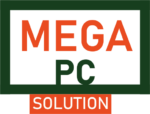
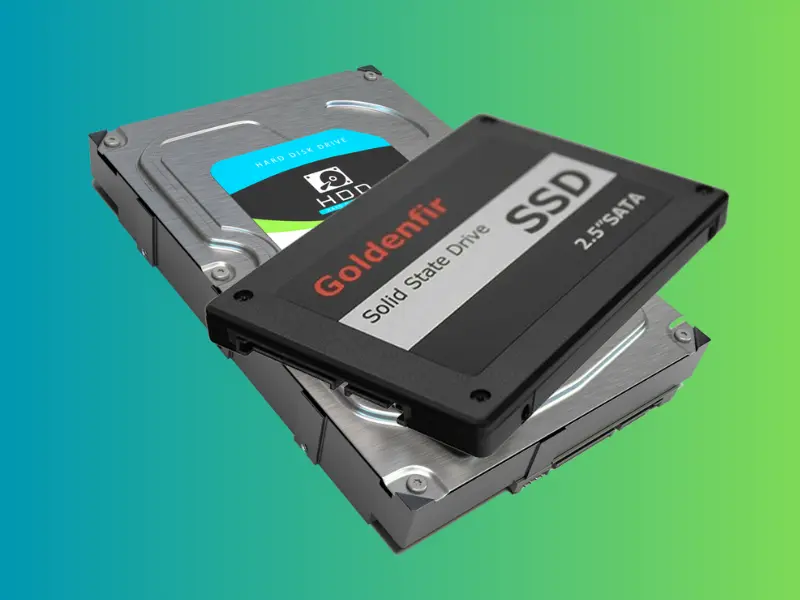
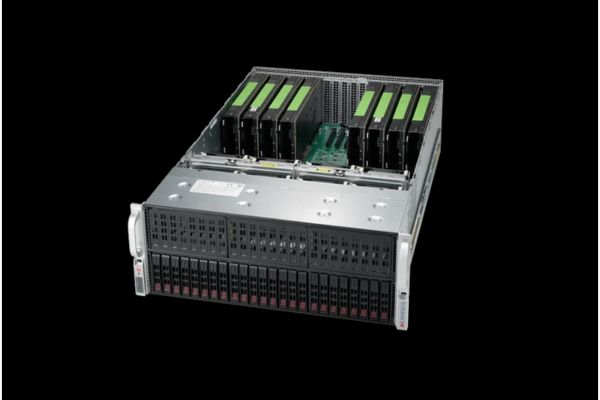
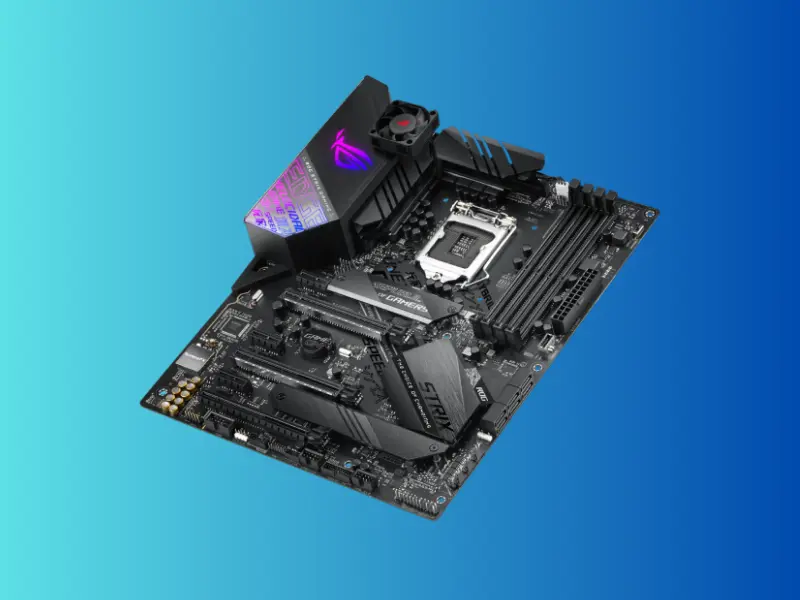
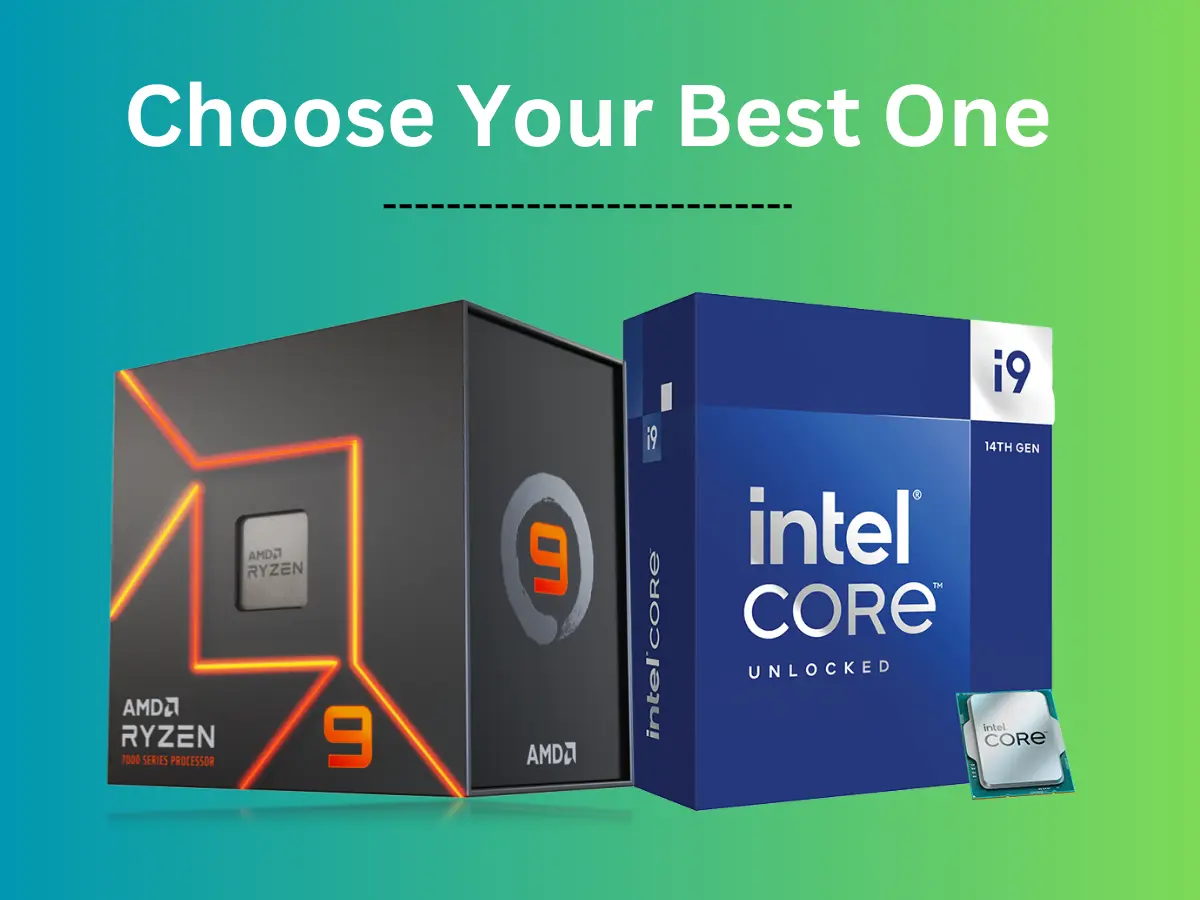
I will right away snatch your rss as I can not in finding your email subscription link or e-newsletter service.
Do you’ve any? Please let me recognize so that I may just subscribe.
Thanks.
Thanks for visiting my site. please come to the site again and you will get a subscription link. If you feel my article is helpful for you, please share it with others.